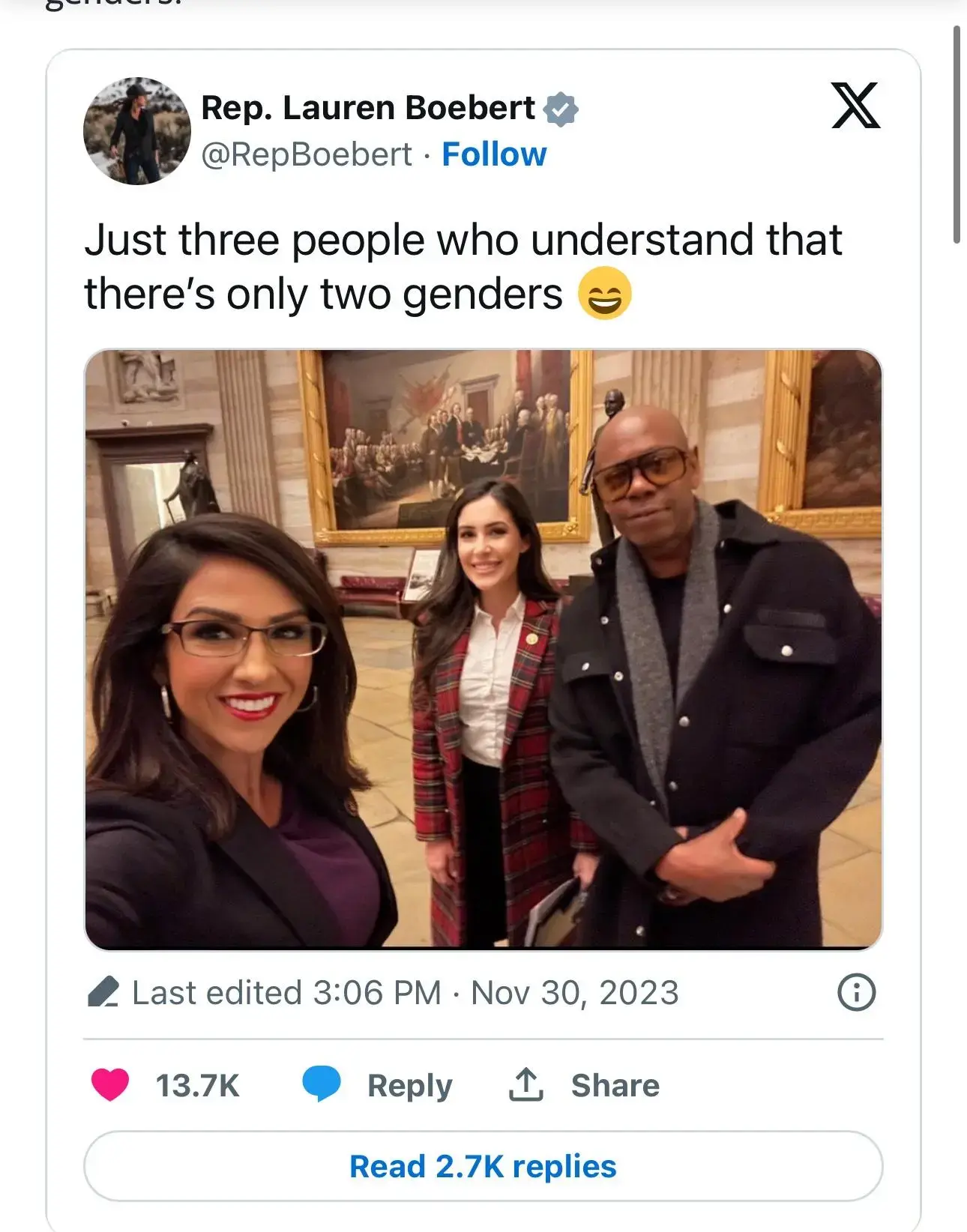Mar Menor, a 135-square-kilometer (52-square-mile) lagoon in southern Spain, is the only ecosystem in Europe that can be named a victim in a legal case. In September 2022, the Spanish Senate granted the largest saltwater lagoon in the Mediterranean legal personhood. From then on, any human who wanted to help Mar Menor could represent it in court.
For those in the budding Rights of Nature movement, who recognize the planet and all its ecosystems as living beings with inalienable rights, the Mar Menor victory was a breakthrough. The first body of water in Europe granted legal personhood, the move caught the region up to similar legal successes elsewhere, such as with Colombia’s Atrato River in 2016 and New Zealand’s Whanganui River in 2017.
Protection for Mar Menor came after a series of mass die-offs ravaged the ecosystem. In 2016, excessive nutrient runoff triggered a massive algal bloom that turned parts of the lagoon a misty green and killed 85 percent of its marine vegetation. Then in 2019, and again in 2021, nutrient runoff stripped the lagoon of oxygen, suffocating thousands of fish and crustaceans, and littering its shores with creatures gasping for air.
Spurred by the crises, environmental activists, lawmakers, and local residents banded together. They collected around 640,000 signatures and, in 2022, successfully pushed a citizen initiative through the Spanish parliament’s upper chamber. Their efforts resulted in a new law granting Mar Menor and its surrounding basin rights in every sense of the word: the right to live and flourish; the right to be protected; and the right to recover. The law’s Article 6 was particularly groundbreaking. It stated that any person or relevant legal entity “is entitled to defend the ecosystem of the Mar Menor.”
“The right to recovery is no longer something that depends on a ministry wanting to do it, but it is a right of the Mar Menor,” says Teresa Vicente. A law professor at the nearby University of Murcia, Vicente earned the Goldman Environmental Award, often called the Green Nobel, for the key role she played in driving the initiative and writing the law that gives personhood to Mar Menor.
But three years on, Mar Menor is still waiting for humans to act on their promises. So I visited this famous coastal lagoon—the name of which translates to Minor Sea—and chatted with some of its protectors to find out what was happening on the ground.
long-time Beehaw users might see much of this article as the offline corollary to one of the works that influences our community philosophy, which is "Killing Community"
If you want to absolutely destroy a website that is all about building communities and meeting new people, then aim for the site and all communities to always be growing as much as possible. Make that a design goal of the site. Pump those subscriber numbers up.
What you’ll get is a place where everyone is a stranger, where being a jerk is the norm, where there is no sense of belonging, where civility and arguing in good faith is irrelevant because you’re not talking to someone, you’re performing in front of an audience to make the number next to your comment go up so you can briefly feel something that almost resembles belonging and shared values.

we're going to start removing these because they're indistinguishable from low-quality bait.